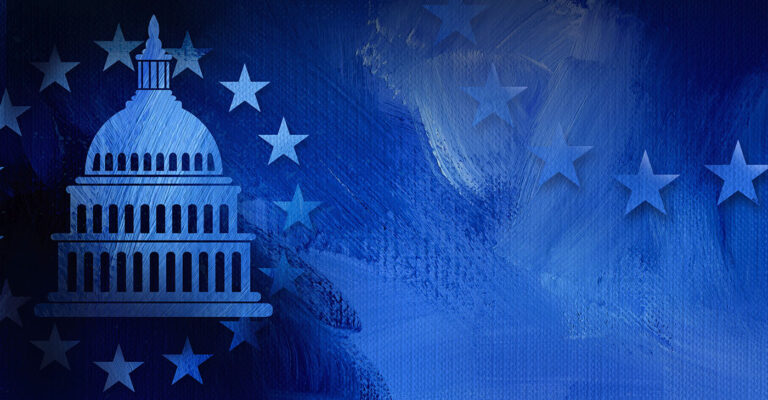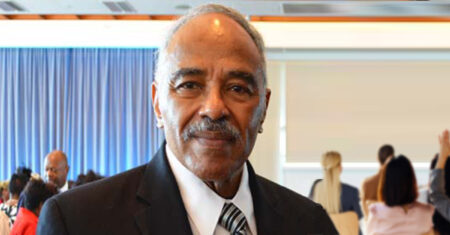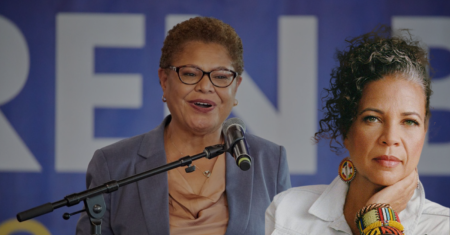By Stacy M. Brown
Black Press USA Senior National Correspondent
The Democratic Legislative Campaign Committee (DLCC) announced ten key state legislative races to watch this November, touting the contests as pivotal for maintaining and expanding Democratic power in states such as Virginia, New Jersey, Minnesota, Mississippi, and Washington. Yet, even as the DLCC calls attention to its candidates and their communities, the party’s silence and neglect toward Black-owned media — particularly the historic Black Press of America — continues to speak louder than its press releases.
DLCC President Heather Williams declared that her organization is “laser-focused” on supporting Democrats in competitive districts, saying these candidates “have strong roots in their communities and are talking to voters every day about how the GOP’s failing agenda is destroying economic opportunities and has even brought the government to a grinding halt.” But the communities Democrats claim to champion — especially Black voters, the party’s most loyal base — continue to be bypassed in political spending and engagement. Despite Black-owned media reaching millions of readers, viewers, and listeners weekly through outlets around the country, including newspapers, websites, and daily broadcasts, the DLCC, the Democratic National Committee (DNC), and the Democratic Party as a whole have refused to meaningfully advertise, sponsor, or invest in these platforms.
The Black Press of America, now more than 198 years old, has for generations been the central voice of the Democratic base — Black voters. It was the Black Press that mobilized support for civil rights legislation, chronicled the struggle for equality, and helped drive voter turnout in every modern election. Yet Democrats continue to pour millions into white-owned media, digital consultants, and television networks while ignoring the very institution that has historically carried their message and protected their political standing. The DLCC’s focus this year includes candidates such as Amanda Hemmingsen-Jaeger in Minnesota, Theresa Gillespie Isom in Mississippi, and Andrea Katz and Anthony Angelozzi in New Jersey. In Virginia, Elizabeth Guzman, Lily Franklin, May Nivar, Jessica Anderson, and Kimberly Pope Adams are among those in spotlighted races. But even as the committee spotlights them, the Democratic Party’s refusal to place ad dollars in Black-owned media has created what many call an internal crisis — one that may have helped cost Democrats the presidency, the House, and the Senate in 2024.
During that cycle, Democrats boasted of multimillion-dollar ad blitzes targeting swing voters across mainstream networks and white-owned outlets. Yet no comparable support reached the Black Press of America, the network that helped carry Joe Biden and Kamala Harris to victory in 2020. That same neglect, observers say, played a part in the steep drop in Black voter turnout last year. As Democrats now attempt to rebuild momentum through state races, many within Black media and political circles are warning that no path to recovery exists without genuine investment in the Black Press — the very institution that first demanded that African Americans “plead our own cause,” nearly two centuries ago. The party that once counted on the Black Press to deliver its message must now confront a question of integrity and survival: how can it claim to fight for equity while refusing to practice it in its own political strategy?






